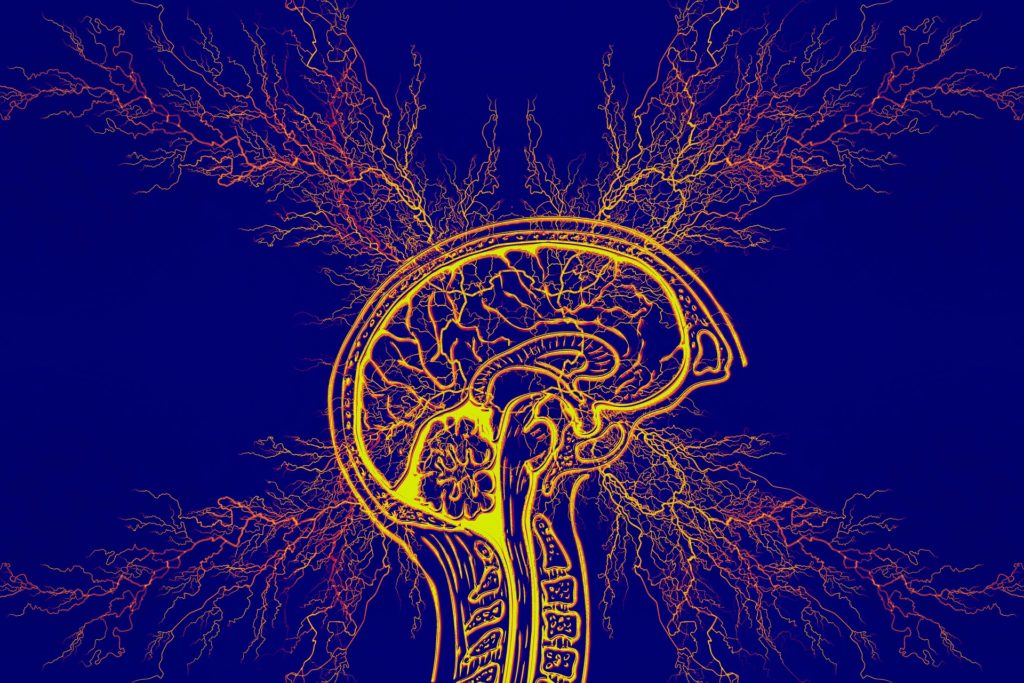10 Things You Should Know About Attention Deficit Disorder

Things You Should Know About Attention Deficit Disorder
You’ve come to the right place if you’re looking for attention deficit disorder facts! I’m here to share 10 interesting facts about attention deficit disorder that might surprise you.
Attention deficit disorder is a real condition that affects millions of people worldwide. Attention deficit disorder affects adults just as well as kids. If you’d like to know more about this disorder, or just want to read some fascinating facts about ADHD and AD, feel free to keep reading.
It’s a fact. You know it, I know it, everybody knows it. You were born with the innate ability to pay attention to more than one thing at a time.
That is until your parents noticed how impatient you were at the dinner table as a toddler and decided that Ritalin was just what you needed to make sure that you don’t get distracted from your meal.
But there is much more that goes into ADD than just a small lack of attention.
You’re probably thinking, What is ADHD? And What is ADD?
What is Attention Deficit Disorder?
According to the National Institute of Mental Health, Attention Deficit Hyperactivity Disorder or ADHD, is a common neurobiological disorder that is usually first diagnosed in childhood and can continue into adulthood. It affects about 5 percent of American children, adolescents, and adults.
Attention deficit disorder (ADD) is a condition in which people have difficulty focusing on tasks. Although there are three subtypes of ADD—Predominantly Inattentive type, Predominantly Hyperactive-Impulsive type, and Combined Type—symptoms for each of them are the same:
The person has trouble focusing on tasks and paying attention to details. Either the person demonstrates hyperactivity and impulsivity for at least six months or he/she pays attention well enough but only for a short period of time.
The symptoms of ADD should be severe enough that they’re disrupting everyday life, such as making it hard for the person to fulfill responsibilities at home, school, or work.
Some kids never outgrow attention deficit disorder. They then turn into adults who still have the disorder and it still has to be treated for the person to be able to function somewhat properly.
There are also many adults with ADD who never knew they had it as a child. Adult attention deficit disorder can often times be more severe. Here are some things below about ADD.
10 Things to Know About Attention Deficit Disorder
1- People with ADD have a legitimate neurological disorder.
2- It’s not just a childhood disorder.
3- Lots of people misdiagnose themselves as having ADHD when they really don’t.
4- There are various kinds of ADD.
5- Most people with ADD know exactly what they should be doing.
6- Many people with ADD have very active “inner lives.”
7- People with ADD aren’t sick, they just think differently than others do.
8- You can get rid of some of the symptoms of ADD by changing your external environment.
9- You’re not helpless — there are things you can do to improve your situation.
10- Often times children with ADD turn into adults with ADD.
Takeaway
You or someone you love may have attention deficit disorder and you need to know how it can affect that person.
If you have an attention deficit disorder, even the most mundane tasks can be challenging. But these aren’t insurmountable hurdles that you can’t overcome. Rather, they’re simply things to learn how to deal with. And if you do, the world will be your oyster.
The condition most commonly referred to as simply ADD/ADHD is known for causing problems with inattention, hyperactivity and impulsivity. Yet, people with this disorder are often misunderstood – not only by society at large but also by their own parents and loved ones.
The next time you’re around someone with ADD, keep in mind that they’ve got a few things to deal with that most of us don’t.
So be kind – they’re operating with some limitations. And consider yourself lucky – you’ve got no idea what it’s like to run your life around an unseen disability.
It might be tempting to see ADD as a way to avoid work or get out of trouble. If you have ADD but haven’t been diagnosed, talk to your parents or a teacher about getting tested.
If you already have a diagnosis, then the next step is to seek treatment. Talk to teachers and parents to come up with ways that you can succeed in school and still manage your ADD symptoms. The most important thing is to find a way that works for you.
Conclusion
If you think you may have ADD, see a doctor immediately. Get help now before the symptoms get worse. There are great medications and therapy that help control the symptoms of ADD and will help you live a better life. Thousands of children turn into adults who also have ADD. The best way to know if you have it is to go get diagnosed by a psychiatrist.
Leave a Reply